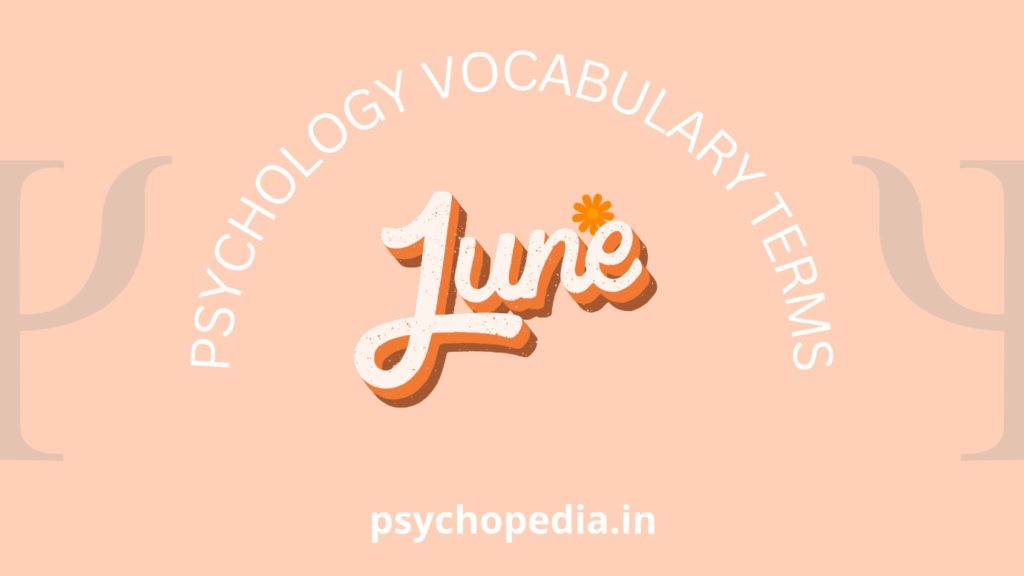
J
Jungian Psychology
Developed by Swiss psychiatrist Carl Jung, Jungian psychology emphasizes the exploration of the unconscious aspects of the personality. It is a source of knowledge and direction that can aid in fostering psychological growth. According to Jung, the unconscious holds not only personal experiences but also collective and universal symbols known as archetypes. These archetypes, such as the shadow, the anima/animus, and the self, shape our thoughts, emotions, and behaviors. Jungian Psychology encourages exploring dreams, symbols, and myths, individuals can uncover hidden aspects of their psyche and find greater harmony within themselves.
James-Lange Theory of Emotion
The James-Lange theory of emotion, proposed by psychologist William James and physiologist Carl Lange, suggests that our emotions are a result of our bodily responses to stimuli. The theory states that when we encounter a stimulus, our body reacts with a specific physiological response like muscular tension and a rise in heart rate. This theory highlights the important role of physiological arousal in shaping our emotional experiences.
Jean Piaget
Jean Piaget was a renowned Swiss psychologist who made significant contributions to our understanding of cognitive development in children. According to Piaget’s theory, children actively construct their knowledge and understanding of the world through a series of stages. The four main stages of Cognitive Development are the sensorimotor stage, the preoperational stage, the concrete operational stage, and the formal operational stage. Each stage is characterized by specific cognitive abilities and ways of thinking.
U
Unconditional Positive Regard
A concept introduced by humanistic psychologist Carl Rogers. It refers to the unconditional acceptance and supports a person receives from others without any judgment or conditions attached. In the context of therapy, unconditional positive regard means that the therapist provides a safe and non-judgmental space for the client to explore their thoughts, feelings, and experiences. This concept emphasizes the importance of empathy, compassion, and non-judgmental acceptance in supporting therapeutic healing and promoting psychological well-being.
Unconditional Stimulus
An unconditional stimulus (US) refers to a stimulus that naturally and automatically triggers a specific response in an organism. It is a term commonly used in classical conditioning, a type of learning where associations are formed between stimuli and responses. In Pavlov’s classic experiment, the presentation of food to a dog is the unconditional stimulus because it naturally elicits the salivation response without any prior conditioning. This concept lays the foundation for understanding classical conditioning in psychology.
Unconditional Response
An unconditional response (UR) refers to a natural and automatic reaction that occurs in response to an unconditional stimulus. It is a fundamental concept in classical conditioning, a type of learning where associations are formed between stimuli and responses. Unlike a conditioned response, which is learned through conditioning, the unconditional response is an innate and reflexive reaction that doesn’t require any prior learning.
N
Null Hypothesis
The null hypothesis refers to a statement or assumption that suggests there is no significant relationship or difference between variables under investigation. It is a fundamental concept in hypothesis testing, where researchers aim to determine if there is enough evidence to support an alternative hypothesis. The null hypothesis essentially assumes that any observed results are due to chance or random variation, rather than a meaningful relationship or effect.
Negative Reinforcement
Negative reinforcement is a concept that involves the removal or avoidance of an unpleasant stimulus to increase the likelihood of a desired behavior. Unlike punishment, which aims to decrease behavior, negative reinforcement strengthens a response by removing an undesired condition. A student regularly completes their homework to avoid the stress of punishment from their teacher, the removal of the punishment serves as negative reinforcement. Negative reinforcement can be an effective strategy for shaping behavior and promoting learning.
Neuroplasticity
Brain plasticity or neuroplasticity refers to the brain’s remarkable ability to change and adapt throughout life. It highlights the brain’s capacity to reorganize its structure and function in response to experiences, learning, and environmental influences. Neural plasticity allows the brain to form new neural connections and strengthen existing ones. It highlights the potential for lifelong learning, rehabilitation, and the capacity for change and growth in the human brain.
E
Efficacy
Efficacy refers to an individual’s belief in their own capability to successfully execute a particular behavior or achieve a specific goal. It is often associated with self-efficacy, a concept introduced by psychologist Albert Bandura. When someone has a high level of efficacy, they tend to approach challenges with confidence believing that they can overcome obstacles and accomplish their objectives. The concept of efficacy gives insights into how self-beliefs influence behavior, performance, and well-being.
Extraversion
Extraversion is one of the Big 5 personality traits that refers to the extent to which individuals are outgoing, sociable, and energized by social interactions. People high in extraversion tend to be sociable, assertive and enjoy being the center of attention. Individuals low in extraversion or introversion, tend to be more reserved, and reflective and prefer smaller, intimate social settings.
Experimenter Bias
Experimenter bias, also known as researcher bias, refers to the unconscious or conscious influence that researchers can introduce into the research process, leading to biased or skewed results. Experimenter bias can occur when researchers have preconceived notions about the outcome of a study, which may unconsciously affect how they collect, interpret, or analyze data. It can compromise the validity and reliability of research findings. It emphasizes the importance of maintaining impartiality and objectivity in research.
BLOG BY: DEEBHA SITHTA

